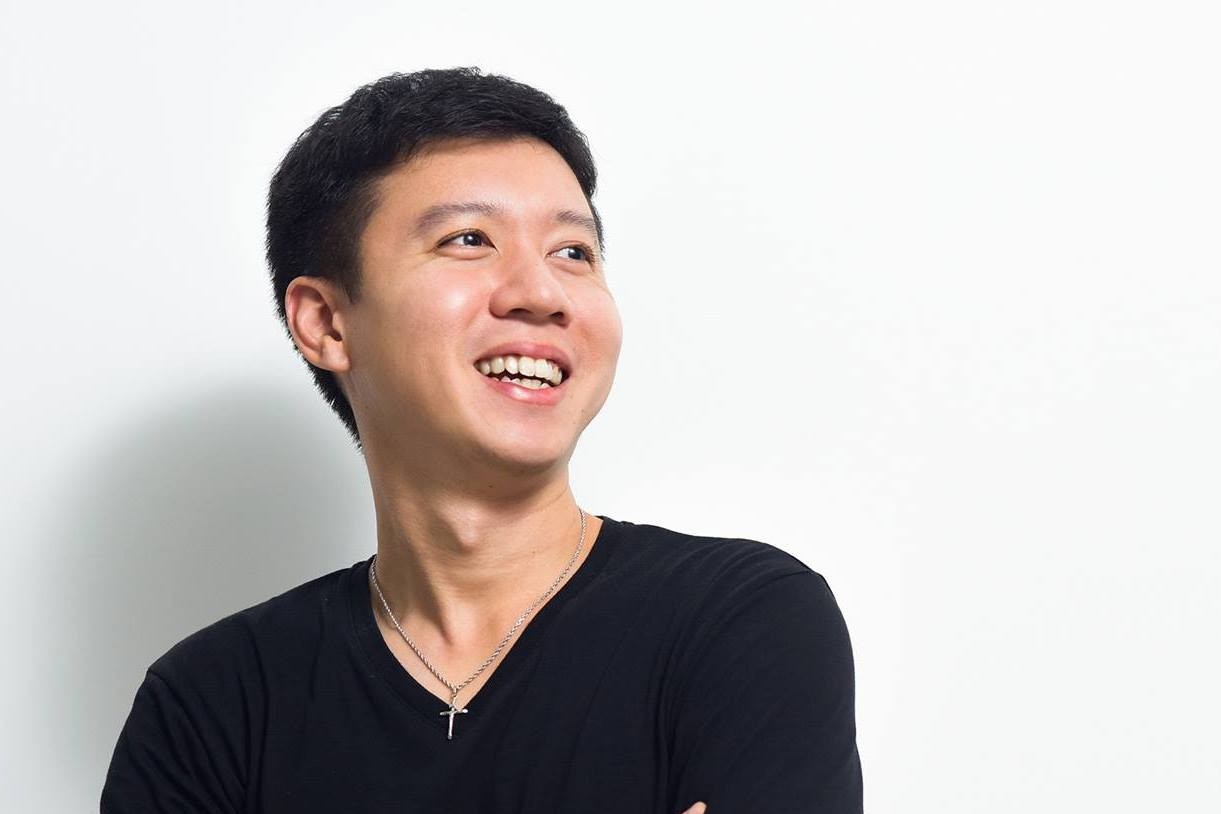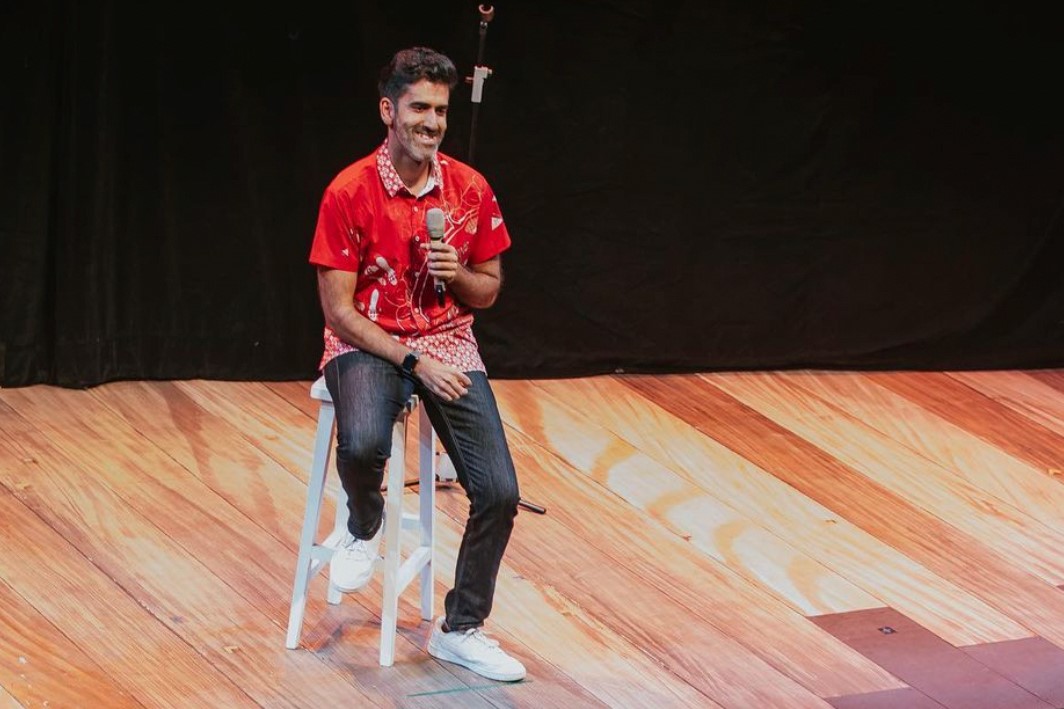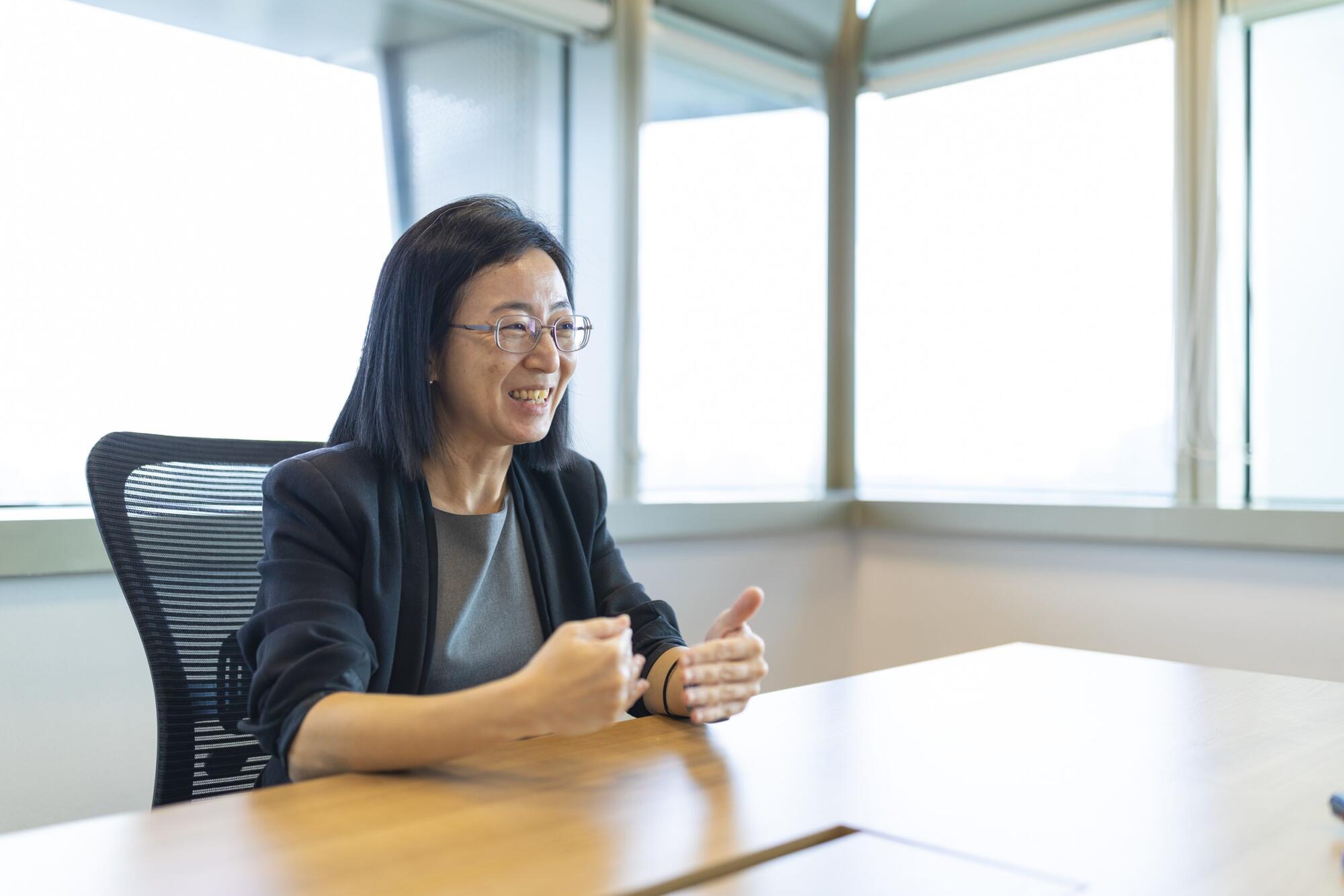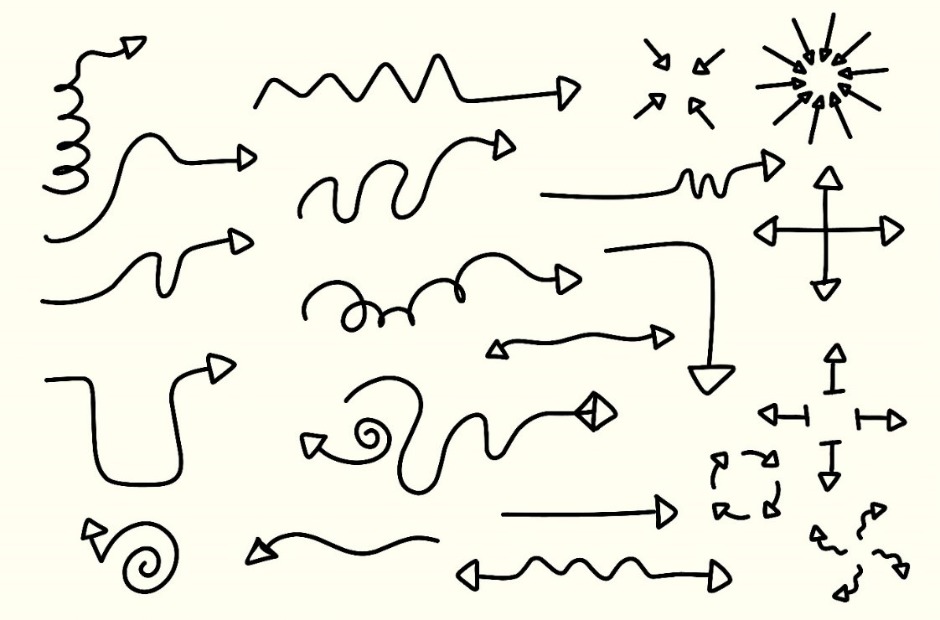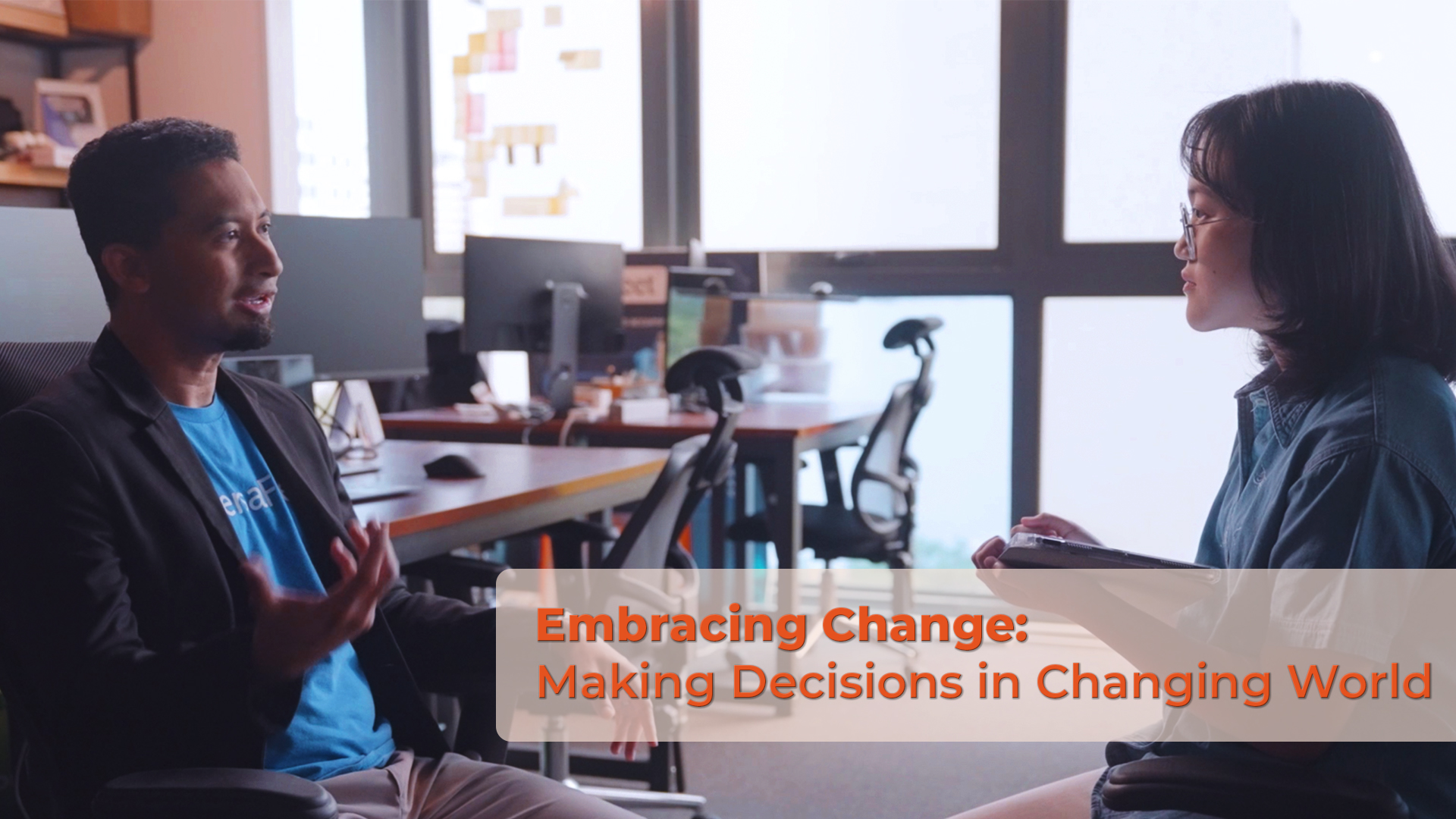From weak start to top scientist: Genomics researcher pushes vaccine frontiers
13 May 2024
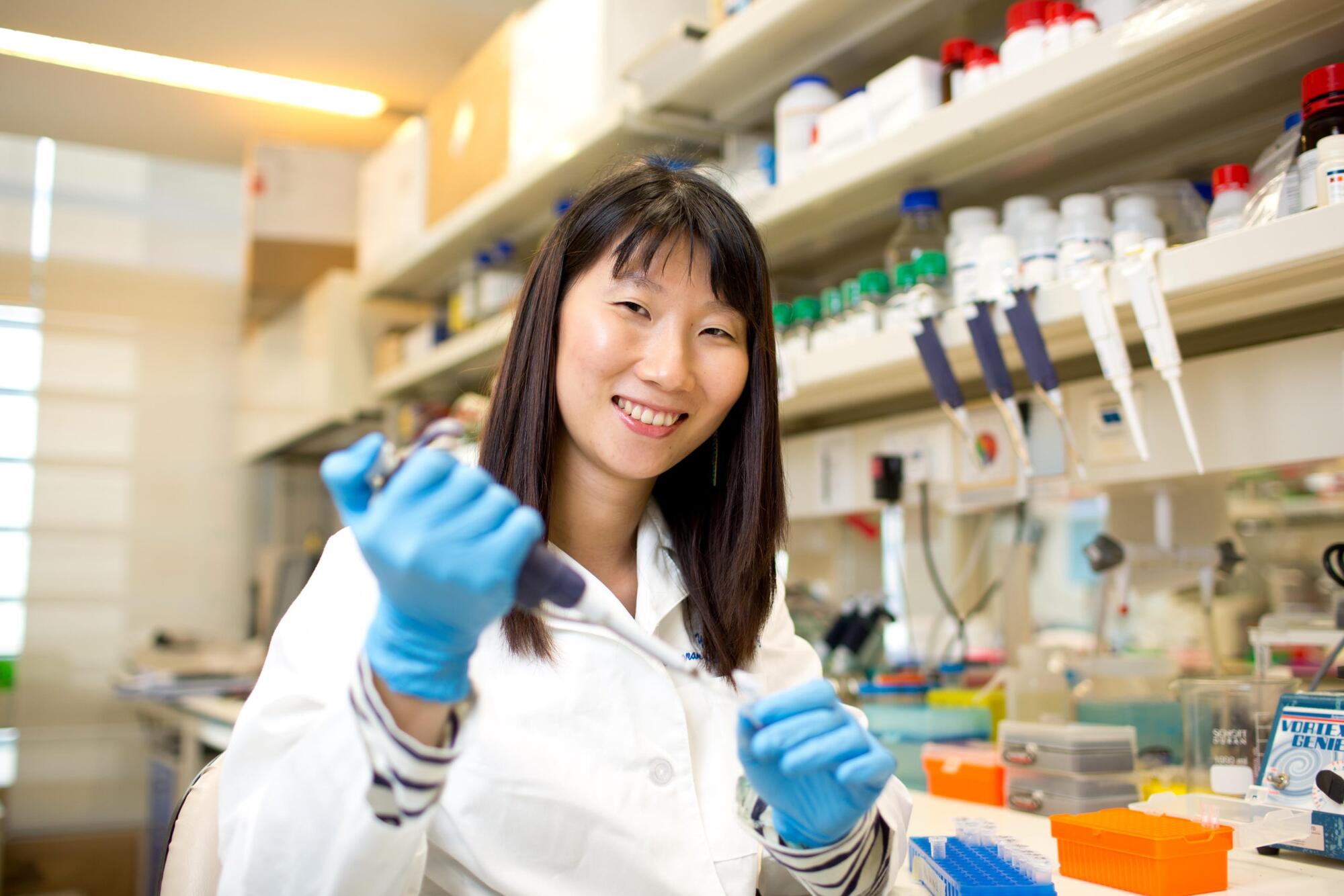
Literature might have fuelled her imagination but biology ultimately won her heart. Dr Yue Wan has won awards for her work on RNA, the molecule that helped scientists create COVID-19 vaccines. She recounts how she went from Bukit Batok girl who knew little English to A*STAR researcher, with a little help from her teachers.
As a young girl, Dr Yue Wan remembers being fascinated by books. They formed a tower that stretched from the floor right up to the ceiling in her grandparents’ flat.
In her free time, she would pick a title from the stack. Many of the books were by American novelist Jack London, translated in Chinese. Her grandfather was the appointed Chinese translator for the author known for works such as The Call Of The Wild and White Fang. She would read the books from cover to cover before moving on to the next one.
The books satiated her intense curiosity about the world. And the more she read, the more she wanted to know.
This thirst for knowledge, whether it was in literature or science, eventually took her from Singapore to the United States and back.
Today, Dr Wan, 40, is Deputy Executive Director at the Laboratory of RNA Genomics and Structure under the Agency for Science, Technology and Research (A*STAR) at the Genome Institute of Singapore (GIS). She leads cutting-edge research into ribonucleic acid (RNA), the molecule that helped scientists create COVID-19 vaccines.
Books and teachers were her guiding light
If it was books that started her on the journey to become a scientist, then it was the teachers during her early school life that guided her way.
Dr Wan migrated to Singapore from Shanghai with her parents when she was seven. A year later, she enrolled in Primary 1, one year older than her classmates, and felt somewhat lost.
“My English was very poor. I think I was in the last class then,” says Dr Wan, now a Singapore citizen.
She credits her teachers for their patience in helping her to catch up. In particular, she remains grateful for Mrs Sally Chan, her English teacher from CHIJ St Nicholas Girls’ School, who was “very kind and encouraging. And she had always encouraged me to do my best in everything, regardless of what it is”, says Dr Wan.
“I remember her telling me that even if I were a road sweeper, I should sweep extra-clean so that I’ll be the best road sweeper. And I appreciated that emphasis on effort, which then permeated into every aspect of my life.”
In secondary school, she was fluent enough to relish her lessons in English Literature.
But biology emerged as her favourite subject because it helped her understand the complex living systems and make sense of the world.
“I could see biology happening directly around me,” she explains.
At Raffles Junior College, surrounded by peers who shared similar interests, her passion for science was cemented. She entertained thoughts of not just learning about biology but contributing to it too. But she also realised that “to make an impact in science, I needed to further my studies and do a doctorate”.
With this goal in mind, she went on to win a scholarship with A*STAR under its National Science Scholarship BS-PHD.
Pivoting from cancer research to genomics
In the four years she spent studying cell biology and biochemistry at University of California San Diego, she was drawn to life-saving cancer research, which remains a key frontier for medical sciences.
From there, she entered the Cancer Biology PhD Programme at Stanford University. What she didn’t expect next was to pivot into genomics – thanks to guidance from her mentor Prof Howard Chang, a renowned physician-scientist recognised for his contributions to genome science.
In 2007, he introduced her to RNA research, a greenfield area; Dr Wan was fascinated by the potential benefits of RNA medicine, and the fact that so many exciting and related fields of science existed beyond her original focus area.
“One of the most important lessons I learnt is to not say ‘no’ to things I don’t understand,” says Dr Wan. “As students, we sometimes pigeonhole ourselves too quickly, failing to realise that what we think we like and dislike is based on a limited set of experiences. We should give ourselves a chance to learn and explore.”
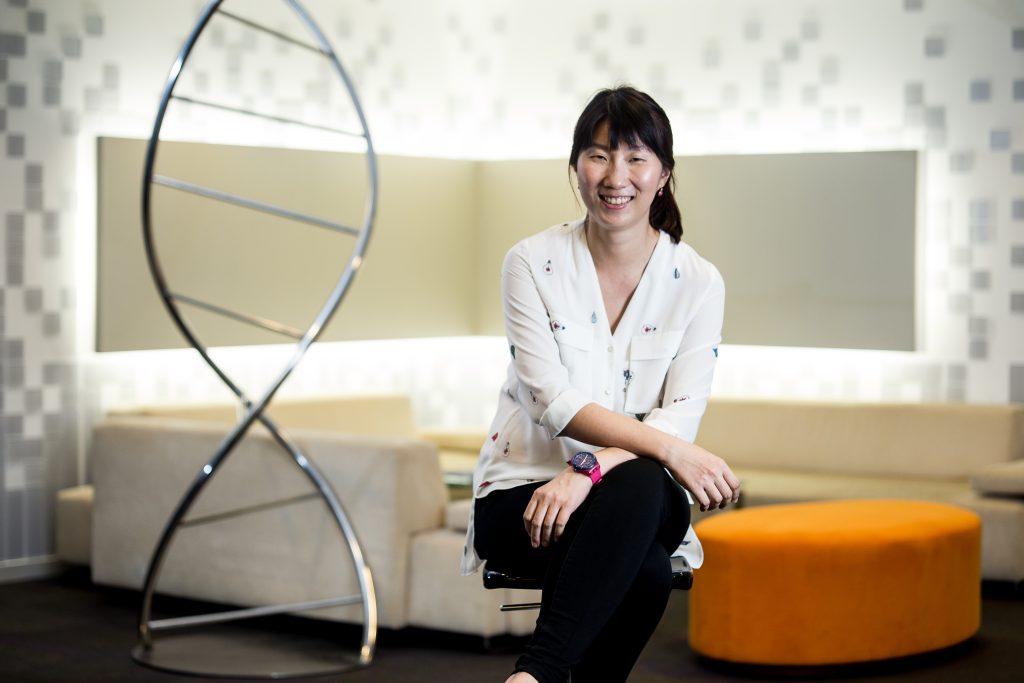
RNA work related to Covid-19 vaccines
In 2013, she returned to Singapore after receiving her PhD degree in cancer biology.
Her work in RNA research focuses on developing new genomics tools to understand how RNA uses its structure to perform functions in the cell.
That work has since earned her multiple plaudits over the years. She received the Young Scientist Award at the President’s Science and Technology Awards in Singapore in 2015, and the L’Oreal-UNESCO for Women in Science Fellowship the following year. In 2019, she made the Asian Scientist 100, an annual list by Asian Scientist Magazine which recognises the region’s most outstanding researchers.
The following year, the COVID-19 pandemic started and RNA was brought to the fore.
Typically, mRNA (or messenger RNA) vaccines work by introducing the RNA molecule in string form to human cells, inducing them to produce COVID-19 spike proteins. This triggers the human immune system to mount a defence against the virus. This approach is effective but comes with high costs, as the vaccines need to be stored and transported in low temperatures, and administered in high doses to be effective.
The circular RNA structure that Dr Wan’s team is researching aims to increase the amount of protein produced per RNA. This will allow the vaccine dose to be reduced, vastly lowering its production cost.
As RNA gained mainstream attention, she and her team clinched a contract in 2021 with Wellcome Leap, anRNA, Readiness and Response programme, that funds health research, to develop the next generation of RNA technology. Hers is the only Asian team in the programme.
Success is…putting Singapore on the map
Dr Wan’s work has drawn attention to Singapore’s place in biomedical research, but there is still much more to do.
“Now is a wonderful opportunity for Singapore to potentially be one of the leaders in RNA medicine, and to explore its full capacity,” she says.
Dr Wan remains driven by the same desire that spurred her on when she was 19 – to better society through her scientific contributions, and to do her best regardless, as her primary school teacher had imprinted on her. These are personal values she hopes to impart to her two young children.
“Giving back to society will bring about a sense of fulfilment and satisfaction in our lives that can last a lifetime.”

